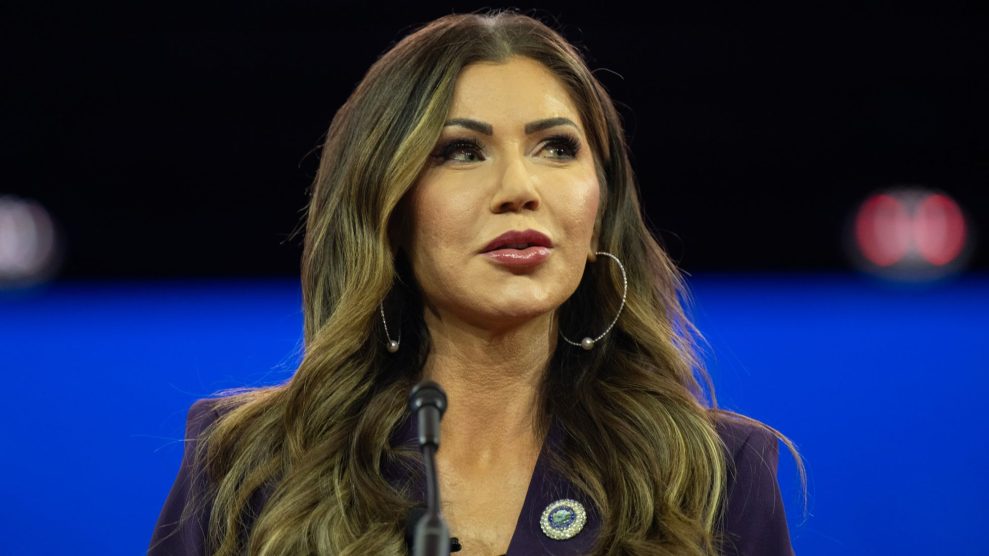The United States prides itself on being the richest country in the world. Yet we can’t balance the budget, pay for education, or take care of the aged and infirm. How is it that we can have both a growing economy and a growing underclass?
In politics, they say “follow the money.” What you find is that the waste in resources and people shows up in our overall gross domestic product (GDP). Of the $7 trillion spent every year in the United States, we waste at least $2 trillion. What is meant by waste? Money spent where the buyer gets no value. Get out your calculators:
- The World Resources Institute has found that roadway congestion costs $100 billion per year in lost productivity, not counting gasoline, accident, and maintenance costs. Highway accidents cost $358 billion per year, including $228 billion in pain and suffering and $40 billion in property damage. We spend another $85 billion indirectly subsidizing free parking at shopping malls and workplaces. The hidden social costs of driving — hidden because they are not paid by motorists directly — also include disease and damage to crops and forests caused by auto exhaust. These charges total $300 billion.
- We spend $50 billion a year to guard sea-lanes and to protect oil sources we would not need if President Reagan had not gutted emission standards in 1986. We spend nearly $200 billion a year in supplementary energy costs because we do not employ the same energy efficiency standards for our businesses and homes as do the Japanese.
- We waste around $65 billion on nonessential or fraudulent medical tests and, by some estimates, $250 billion on inflated overhead generated by the current health insurance system. We spend $52 billion on substance abuse, $69 billion on obesity treatments, $125 billion on heart disease, and, some estimate, as much as $100 billion on health problems related to air pollution.
- Legal, accounting, audit, bookkeeping, and record-keeping expenditures to comply with an unnecessarily complex and unenforceable tax code cost citizens at least $250 billion a year; what Americans fail to pay the IRS adds up to another $150 billion.
- Crime costs taxpayers $450 billion a year; lawsuits, $300 billion.
These figures don’t include disbursements for Superfund sites, monies to clean up nuclear weapons facilities (estimated to be as high as $500 billion), the annual cost of 25 billion tons of material waste, subsidies to environmentally damaging industries, loss of fisheries, damage from overgrazing, water pollution, topsoil loss, government waste, gambling, or the social costs of unemployment. Conceivably, half the GDP is spent on waste.
If we could shift a portion of these expenditures to more productive uses, we would have the money to balance our budget, take care of those who cannot care for themselves, raise wonderfully educated and responsible children, restore degraded environments, and help developing countries. If, for example, we had simply adopted stricter energy standards in 1974 — standards in use by Japan — and had applied the savings to the national debt, we would not have a national deficit today.












